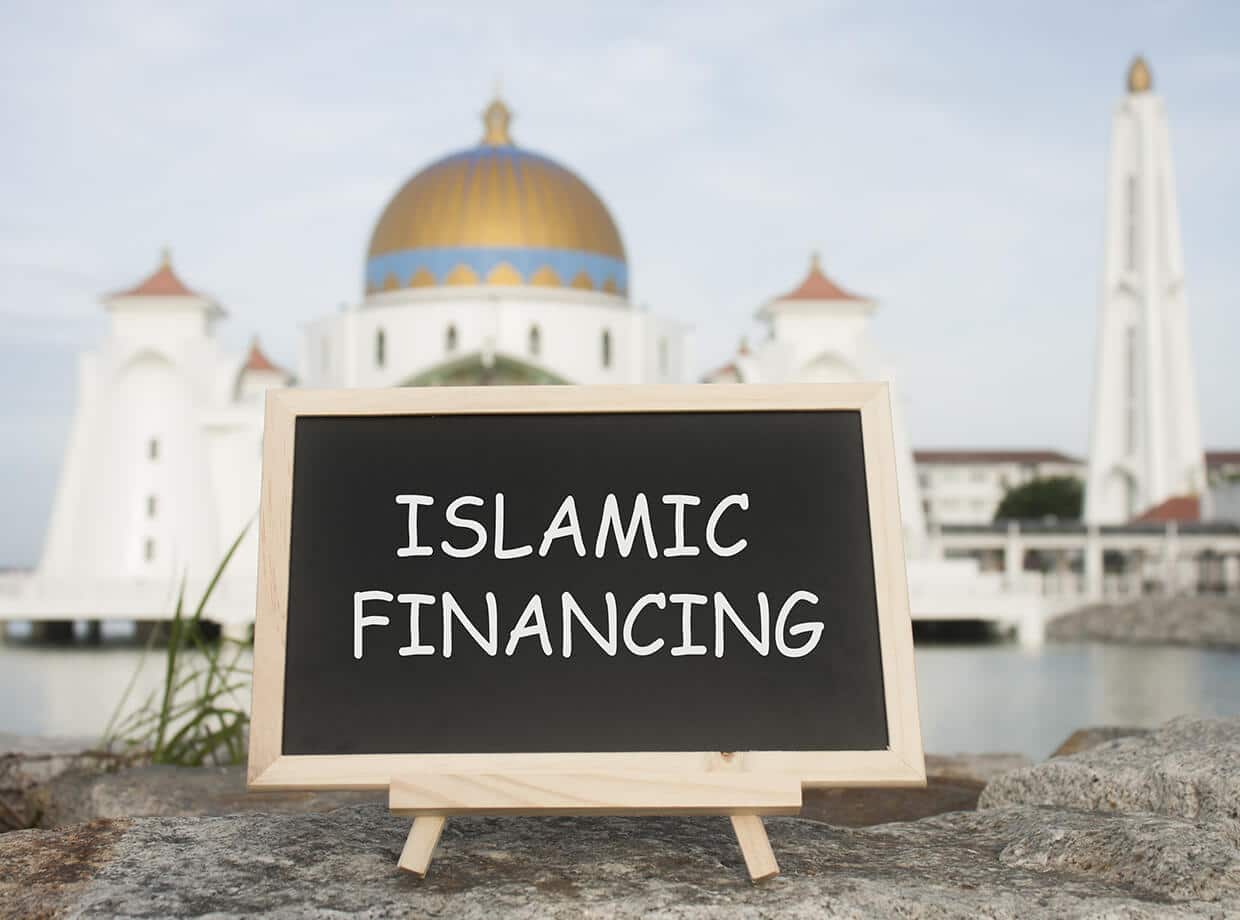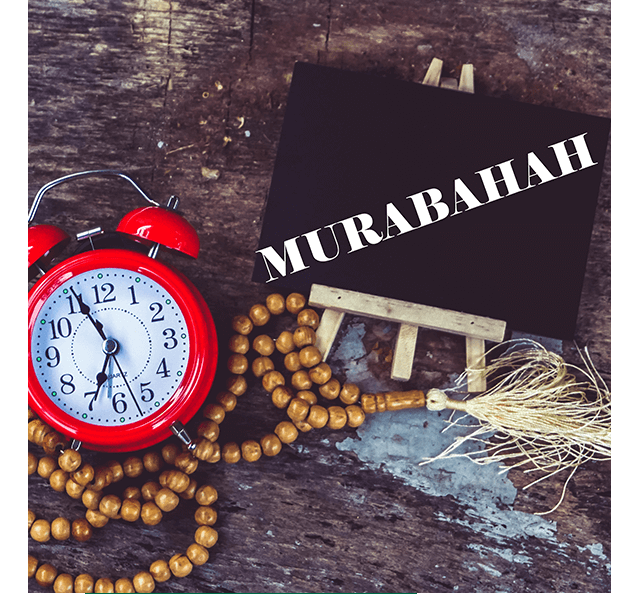When purchasing a home, understanding your financing options is crucial. For Muslim homebuyers, aligning financial decisions with their faith is a top priority, and this often means choosing between Islamic and conventional home financing. Here’s a breakdown of the key differences to help you make an informed choice.
The Concept of Riba (Interest)
Conventional Financing:
Traditional mortgages are based on interest (riba). Banks lend money to homebuyers, who repay the loan with added interest over time. This interest-based structure is prohibited in Islam.
Islamic Financing:
Islamic finance strictly avoids riba. Instead, it uses alternative structures like Murabaha (cost-plus financing) or Ijara (lease-to-own), ensuring compliance with Shariah principles. The bank and buyer enter into agreements that focus on asset ownership rather than lending money for interest.
- Ownership Structure
Conventional Financing:
In conventional mortgages, the bank provides a loan, and the borrower immediately owns the property, with the bank holding a lien as collateral.
Islamic Financing:
The bank or financial institution may own the property (partially or fully) until the buyer completes their payments. For example:
- Murabaha: The bank buys the property and sells it to the customer at an agreed-upon profit margin.
- Ijara: The bank retains ownership while leasing the property to the customer, who eventually buys it outright.

- Risk and Profit Sharing
Conventional Financing:
Risk is mostly borne by the borrower. If they default, the bank can seize the property through foreclosure and still charge interest on the outstanding amount.
Islamic Financing:
Islamic finance promotes shared risk. In structures like Musharakah Mutanaqisah (diminishing partnership), both the buyer and the bank share ownership and risk, fostering a more equitable relationship.
- Ethical Considerations
Conventional Financing:
The focus is primarily on profitability for the lender, with less emphasis on ethical considerations.
Islamic Financing:
Ethical guidelines are at the core of Islamic finance. Transactions must involve tangible assets and promote fairness, transparency, and social responsibility. Investments in haram (prohibited) activities, like alcohol or gambling, are strictly avoided. 
- Payment Structure and Flexibility
Conventional Financing:
Interest rates can be fixed or variable, affecting monthly payments. Borrowers might face penalties for early repayment.
Islamic Financing:
Payments are usually structured clearly from the outset, with profit margins agreed upon upfront. There are generally no hidden fees or penalties for early payment, as fairness and transparency are key principles.
Conclusion: Making the Right Choice
Choosing between Islamic and conventional financing is about more than just financial considerations; it’s about aligning your decisions with your values. Islamic home financing offers a Shariah-compliant, ethical alternative that promotes fairness, avoids riba, and fosters community well-being.
For Muslim homebuyers seeking to achieve halal homeownership, understanding these differences ensures an informed, faith-conscious decision.






